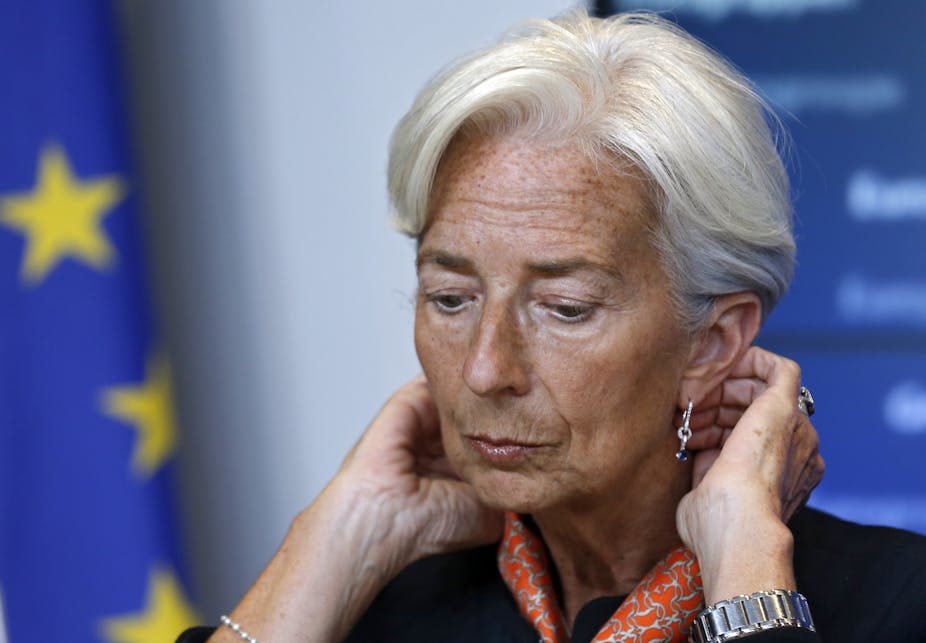The International Monetary Fund has published its latest report on the future prospects for the world’s economies. The forecasts paint a subdued picture, predicting global Gross Domestic Product to rise by 3.1% this year and 3.4% next. These figures compare with an annual average growth rate of some 3.8% in the six years to 2015.
Recent growth has been driven largely by emerging economies – over the same six years, for example, China’s economy grew at an average rate of 8.4% per year. But by 2021, the IMF expects China’s growth rate to have fallen below 6%.
The Washington-based organisation predicts that the UK will be the fastest growing of the G7 leading industrial economies this year – which is being cheered by Brexit supporters. It slightly upgraded its pre-Brexit forecast for growth in 2016 from 1.7% to 1.8%. But it estimates that this will fall to 1.1% in 2017. It puts the revision partly down to the strong response from the Bank of England to the Brexit vote. Plus, it’s important to point out that the UK is still currently a member of the European Union.
Since the Brexit referendum, the pound has lost 15% of its value against the US dollar, and this has buoyed manufacturing and service sectors by making British exports more competitive. The depreciation of the pound has, however, taken place in anticipation of troubles ahead: while it remains unclear exactly what form Brexit will take, the likelihood of trade restrictions being put in place soon is having an adverse effect on the markets.
Assuming – as now seems likely given Prime Minister Theresa May’s signalling of “hard brexit” – that the UK will leave the single market, the imposition of non-tariff barriers to trade (in addition, possibly, to tariffs) will eventually have an adverse impact on the demand for UK output. These non-tariff barriers include a plethora of regulations concerning product specifications, and will make it harder for UK producers to sell their products in the EU.
In the meantime, businesses are being cautious about investing in the UK. The latest quarterly figures on business investment are down 0.8% on a year earlier. This does not augur well for any quick gains in labour productivity; workers need good equipment to work. And productivity has been a problem in the UK in recent years. A further unpleasant consequence of the pound’s depreciation is that import prices will rise – indeed the IMF is forecasting an acceleration of the rise in consumer prices to 2.5% in 2017 in the UK.
Declines in trade
The economic background in other developed economies remains somewhat fragile, and is in line with the picture of a growth slowdown across the world. In 2017, Germany, France and Italy are all expected to experience growth of less than 1.5%. Japan’s growth is expected to be just 0.6%. The position is a little more encouraging for the United States, which is expected to have growth of 2.2%.

A major factor underpinning the rather dismal forecasts is the decline in the level of international trade across the world. The global value of trade in 2016 is expected to be some 12% lower than in 2014. The IMF attributes much of this decline to falls in the level of international investment, but it also notes that a weakening in the drive toward trade liberalisation and an increasingly protectionist political environment have played a part.
Since trade promotes intense competition between firms in different countries, it encourages these businesses to become more productive. A diminution of trade therefore blunts the incentives that firms have to pull out all the stops to produce efficiently.
In this context, the form that Brexit will take assumes even greater importance for the economy of the UK. The most perceptive pro-Brexit commentators recognise the importance of trade. But the danger remains that Brexit heralds, if not an increased taste for protectionism, an uncomfortable period during which the UK is handicapped by the lack of comprehensive trade agreements.

